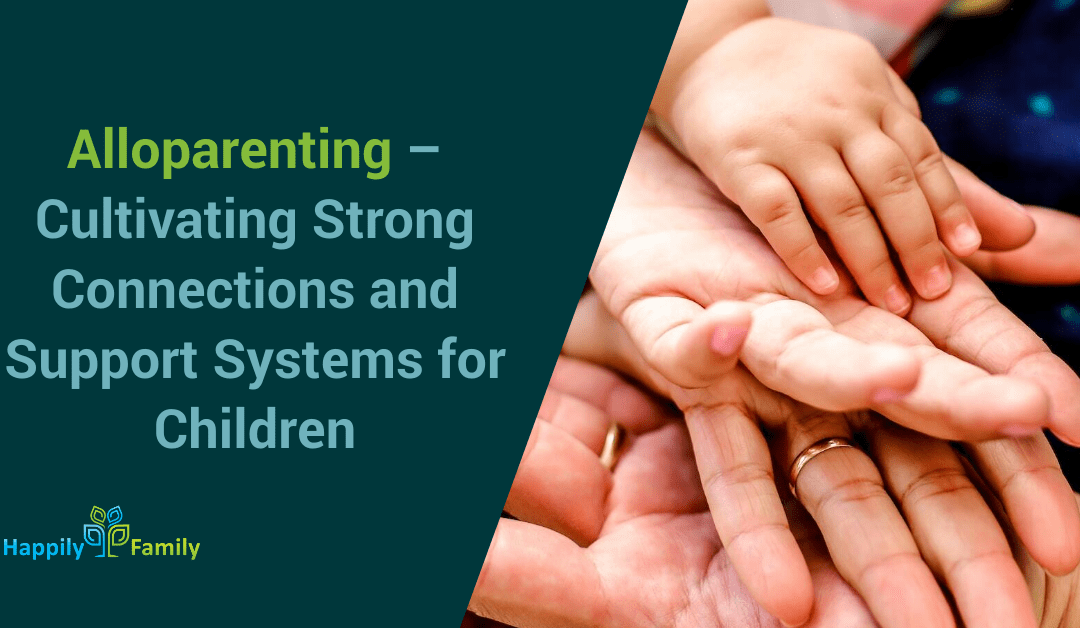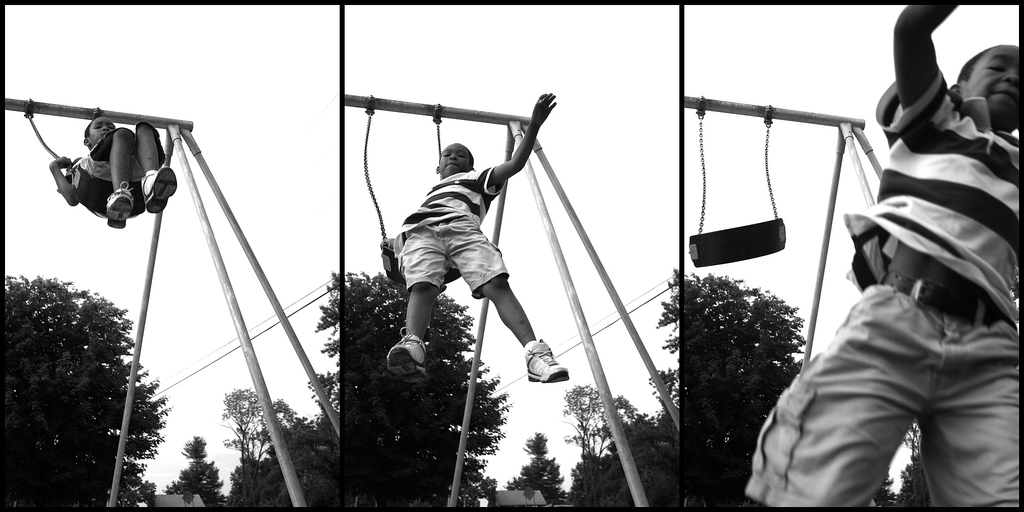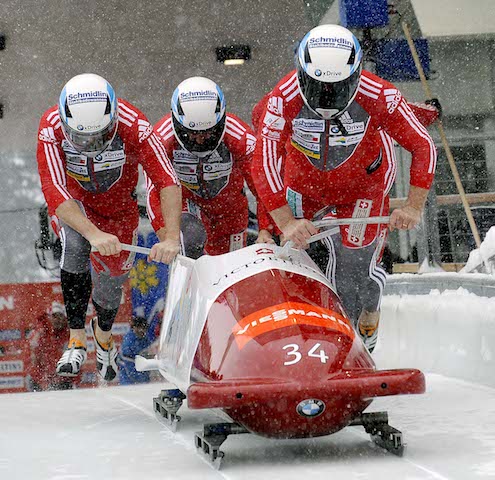As a parent sometimes just getting your kids out the door, can feel like a marathon!
If you’re lucky enough to have a partner to help, it’s not a guarantee that things will be easier. And you probably juggle multiple roles and handle high levels of stress.
If you’re reading this, chances are you have a child who is a bit more sensitive, spirited, or neuro-spicy than the norm.
But here’s something that can make parenting easier.
Alloparenting
“Allo- what???,” You ask.
“Alloparenting” is a term from biology, sociology, and animal behavior, used to describe caring for young by non-parents. Alloparenting is common among humans, universal in all cultures (even found in some animals) and has shaped us through evolution. Alloparenting is just as important in modern times as it was through history.
In nature, sperm whale moms will dive and gather food while another whale adult watches over the baby. Starling parents provide heat and food for the baby birds, while other starlings will guard the nest. Humans and chimpanzees will carry, feed, walk with, and clean young that they are not related to.
In humans, alloparenting could be done by a babysitter, aunt, uncle, cousin, grandparent, neighbor, teacher, coach, minister, or friend.
According to research, the benefits of alloparenting include:
- It gives children the opportunity to learn from others and receive love in different ways.
- It allows children to adapt and learn to love and trust widely, which is beneficial in their adolescent and adult years when they have to leave the comfort of home.
- It increases the survival rates of the young.
Don’t know how to get started with alloparenting?
Here are a few tips to get the ball rolling.
Start small
Alloparenting doesn’t have to be something big or complicated or long-term. What is a small thing that you could use help with? Your child’s transportation? Help with homework? Child care for an hour or two? Start by thinking about what you or your child could really use help with and go from there.
Just ask
Asking for help can feel vulnerable. Don’t forget that humans are social beings, we are natural helpers, and people really love to help. Imagine how good it feels when you can help someone. And remind yourself… if you don’t ask, they can’t say yes.
Think of who you already know
Who does your child already have a connection to? Who has already offered to help? Who shares your values? Who has a passion or expertise in common with your child? Who would enjoy helping your child? Who have you helped in the past who might enjoy returning the favor?
Help your child initiate it
If your child is passionate about a particular topic, then connect your child to an adult who shares that same passion. Reach out to people yourself, or you can help your child reach out. Assist your child in making the phone call, writing the text, or sending the email.
Don’t forget about organizations
If your child is passionate about a specific topic, they can connect to other adults through organizations or clubs devoted to that topic. Whatever interests your child has–science, games, sports, scouts, service, art–figure out what local, in-person, or virtual groups your child can connect with.
Alloparenting in Action
Recently one of our kids was going through a rough patch. This particular problem was something that we had no experience in and, in our child’s eyes, no credibility.
We knew it was time for an alloparent.
I (Cecilia) knew just the person, a 70-year-old in my music class, who had the same challenge growing up as our child currently has. He and I talked, and I invited him to dinner. While I was cooking dinner he talked with our child in the living room. I don’t know exactly what was said but I do know that it helped our child feel less alone and now they have another support person who understands exactly what they are going through.
I’d love to hear in the comments, when have you been an alloparent for another child? When has your child been alloparented?
You and I can personally talk in there if you’re struggling to figure out how to talk to your child.









